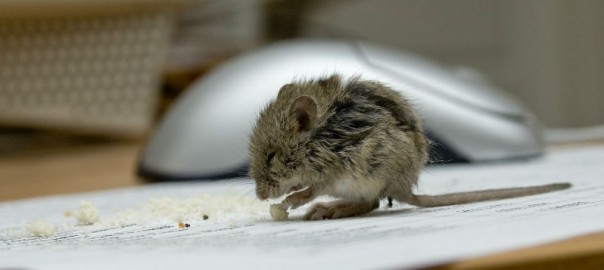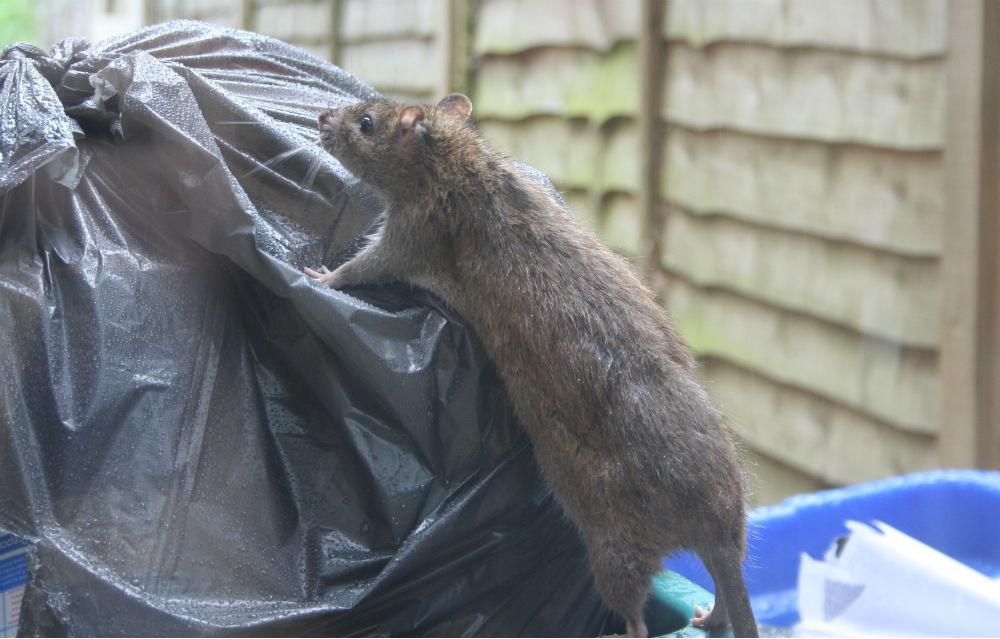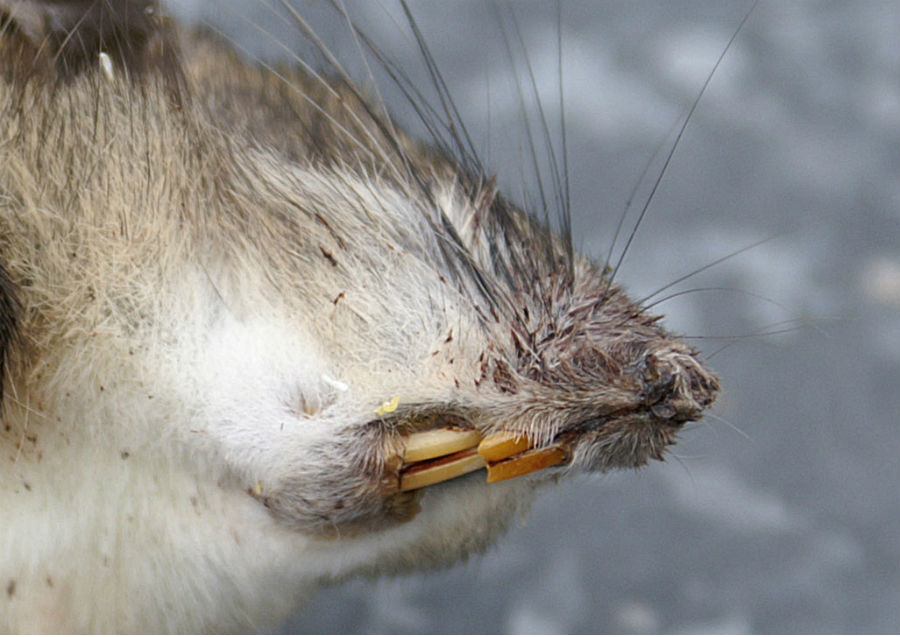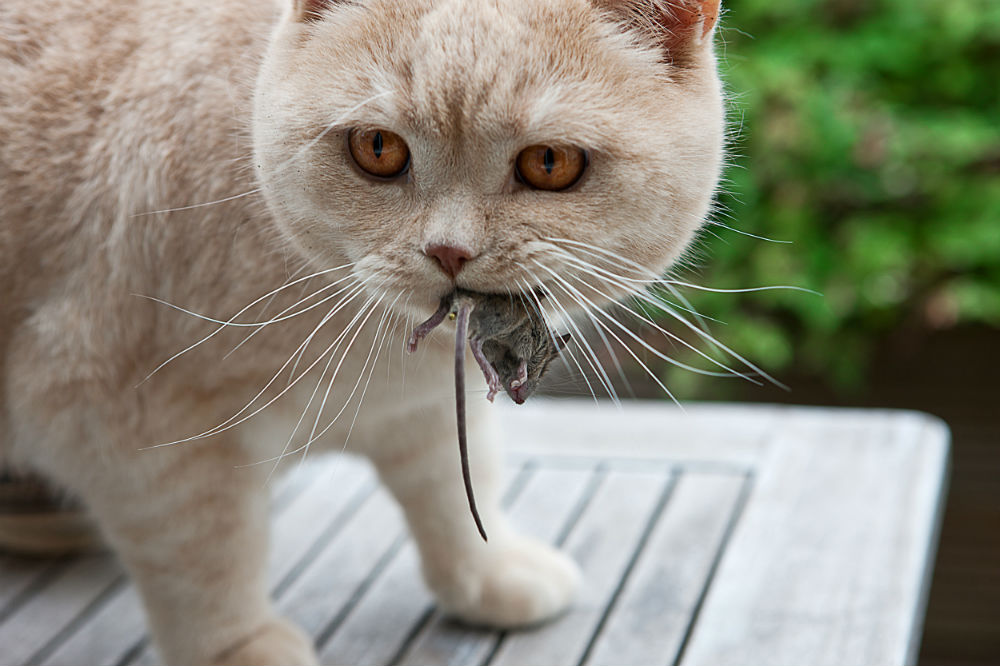When it comes to pest control, deterrence is often the best form of prevention.
Mice and rats are intelligent creatures, and many homeowners faced with a rodent infestation will find that the little varmints soon wise up to traps or poisons. Rats in particular are smart and social, and communicate with one another in a manner that allows them to circumvent many static traps.
Poisons may also work for a while, but rodents thrive on familiarity, and once mice/rats have moved into your home, it won’t be long before their friends turn up uninvited to join them or take their place.
Many homeowners make the mistake of calling pest control without blocking the entry routes that the pests are using to infiltrate their home; they are soon baffled (and erroneously unsatisfied with their choice of pest controller) when the nuisance returns. Rodents socialise through scent, and a mouse or rat will see your home as a safe haven if it is able to smell the past activities of other rodents.
What Rats and Mice Want from Your Home
Rodents are attracted by two things: food and shelter. The easier it is for them to get into your home and find somewhere with warmth, shelter, and a steady food/water supply, the more difficult it will be to get rid of the little critters.
Rodents are omnivorous and will much like us will pretty much eat anything. One of the key differences between mice and rats is that mice get all the water they need from the moisture in the food they eat, while rats will need a consistent water source.
How Mice and Rats Enter Your Home
Don’t let their fluffiness fool you – mice have collapsible skeletons which allow them to squeeze through gaps no bigger than a 5 pence piece. Rats, while not such good contortionists, are still able to fit through small gaps and are able to leap over 2 meters.
Both mice and rats are brilliant climbers, and are able to scale some vertical surfaces such as pipe and even brick walls.
Change Your Home to Deter a Mice or Rat Infestation
To permanently rid your home of rats and mice, you’ll need to survey both your home and garden and consider doing the following:
Check all areas around pipes and wires, and fill any gaps larger than a quarter of an inch with putty or hardware cloths. Remember that rodents can chew through concrete, so check these spots regularly until the infestation is long gone. Mice are incontinent, and their dropping are easy to spot, but rats tend to be more discreet about where they defecate.
Check your vents, windows and roof (remember, they sure can climb!), and any areas in your home where a gap might feasibly widen.
Place stripping around any external doors.
Cut all shrubbery and trees so that they are a good distance from your home. Rodents can leap from them and onto your home. Also, keep your lawn trim.
Cease putting out pet food or food for birds. Rats can climb or leap to bird tables with little effort. Also, you may need to remove/cover any plants or trees which grow fruit or vegetables.
Keep your kitchen clean. Seal all open food and regularly check the backs of cupboards. Remember, rodents will only stay where there is access to food. If that supply runs dry they’ll look to nest elsewhere.
Hoover your home regularly, especially if you have pets. Mice only need a few morsels of food to survive another day.
And if all else fails, consider getting a cat.








